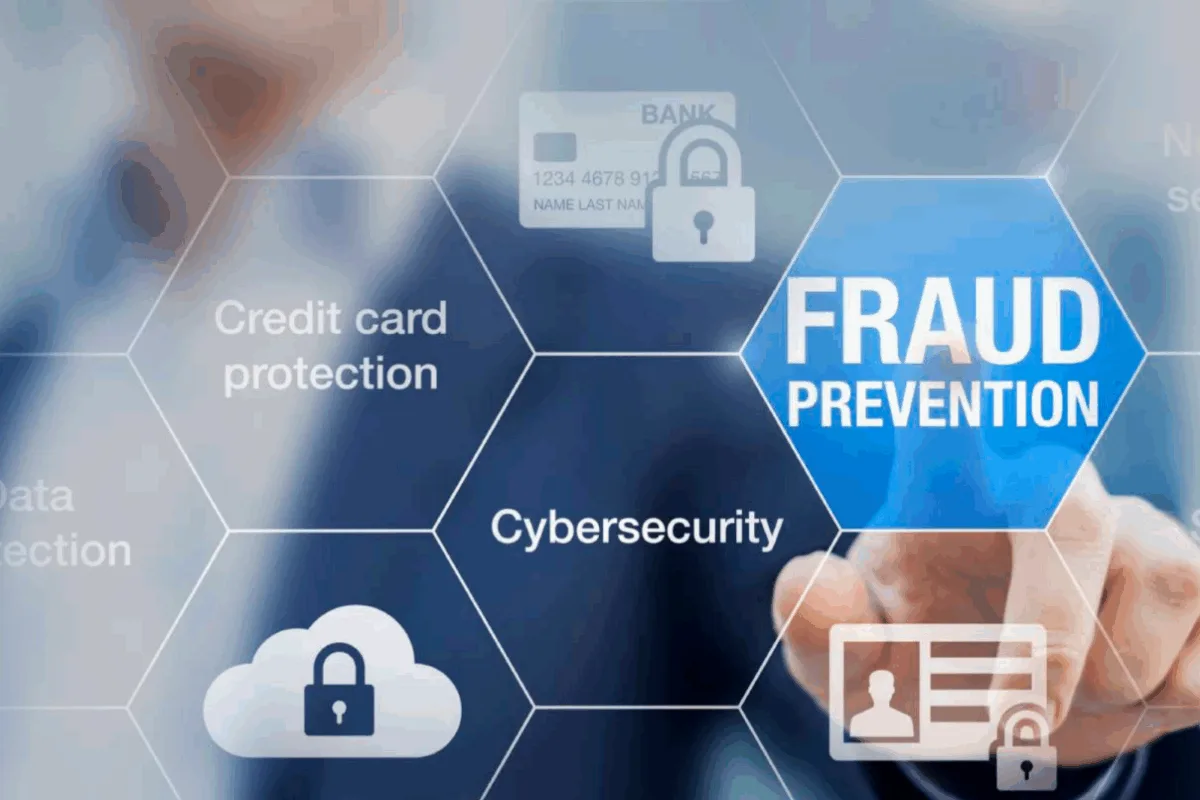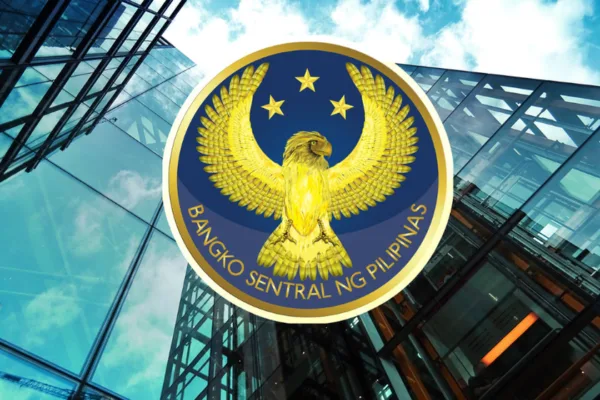Cyber fraud has evolved into an arms race that no single institution can win alone. CIBI Information Inc. is calling for a shift from isolated defenses to a shared data ecosystem, as cyberattacks drained an estimated ₱5.82 billion from Philippine financial institutions in 2024, according to the Bangko Sentral ng Pilipinas (BSP).
The surge underscores how quickly scammers are adapting — from identity theft and phishing to deepfakes and synthetic identities — and how fragmented responses across the financial sector leave dangerous gaps that criminals exploit.
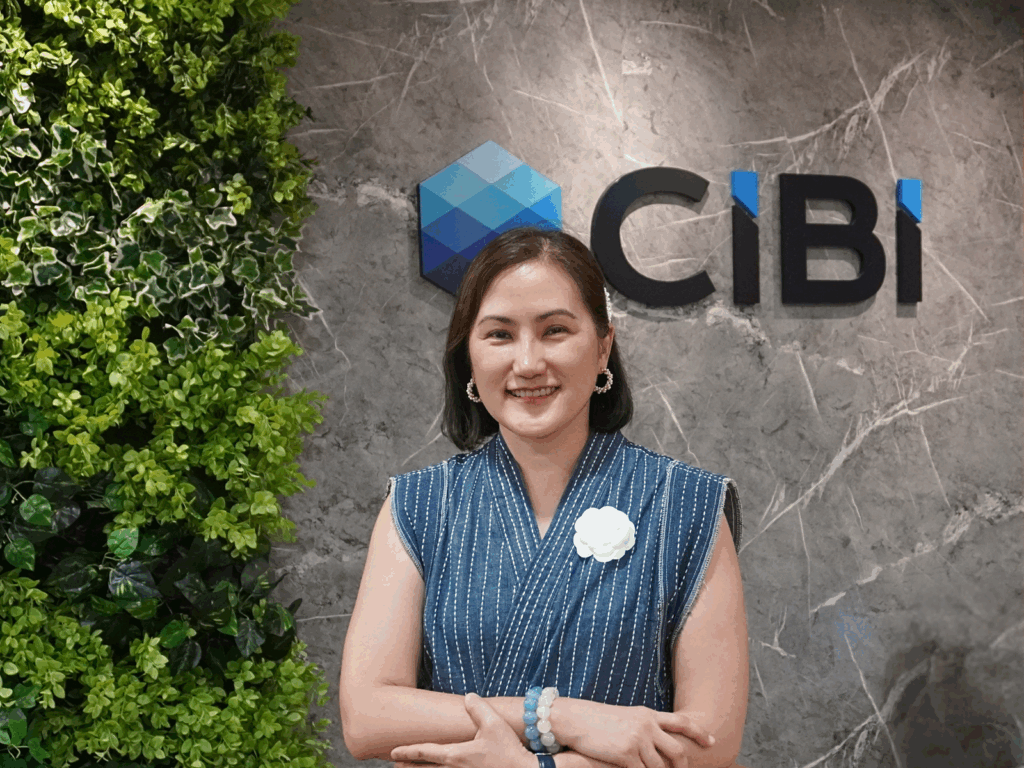
Edith Roberto, head of individual credit solutions and partnerships at CIBI Information Inc.
“Fraud is no longer a challenge we can face in silos,” said Edith Roberto, head of individual credit solutions and partnerships at CIBI Information Inc. “We must shift to a proactive, collaborative approach through data sharing to prevent scammers from exploiting the gaps in a fragmented system.”
Industry observers warn that the lack of coordination among financial institutions has become one of the most serious vulnerabilities in the fight against digital fraud. When one bank flags a fraudster but others remain unaware, that same individual can continue targeting new institutions undetected.
Data sharing, advocates say, is one of the most effective ways to close those gaps. By pooling information, organizations can spot suspicious patterns earlier, respond faster, and reduce overall financial losses.
From reaction to prevention
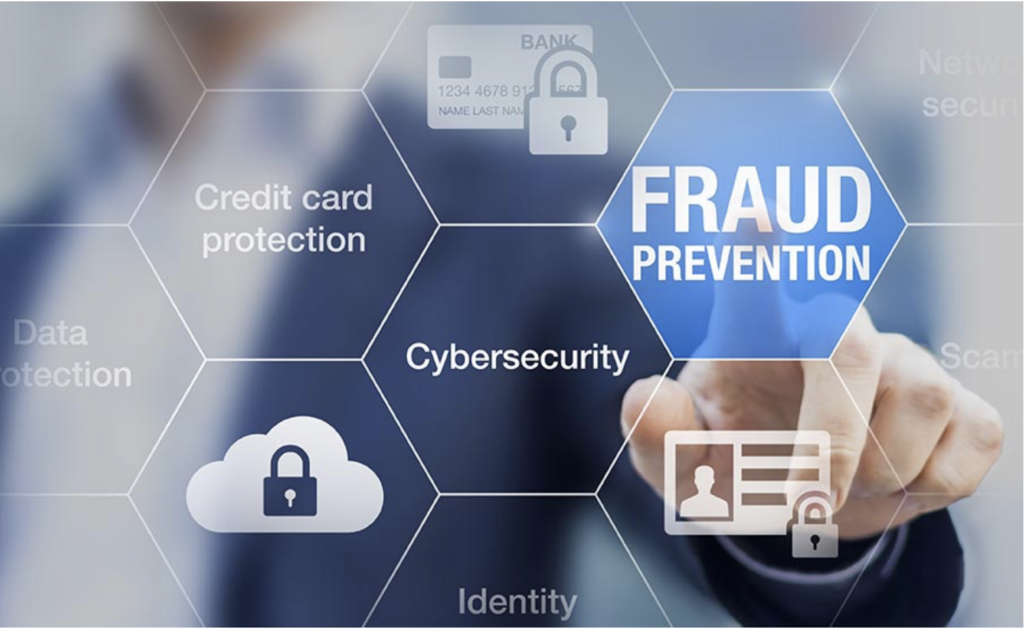
Experts agree that data sharing can change the game. By pooling verified intelligence from multiple organizations, the industry can spot suspicious patterns earlier, respond faster, and reduce financial losses.
This approach offers two major advantages. First, it enhances fraud detection by expanding an institution’s visibility into emerging threats. Shared intelligence helps players recognize and stop new fraud schemes that might otherwise go unnoticed within their own systems.
Second, it enables faster response times and higher recovery rates. In isolated setups, fraudulent transactions are often flagged only after the money has disappeared. A data-sharing platform allows institutions to communicate in real time, alerting one another before a scam progresses.
“Fraud prevention strategies have to change from reaction to prevention,” said Pia Arellano, CIBI president and CEO. “Fraud will continue to evolve, but our defenses must evolve faster. It’s up to us to adopt measures that protect the integrity of our businesses before they are compromised.”
A collective defense model

To help address this challenge, CIBI has launched the CIBI Fraud Bureau, a platform designed to foster collective defense through responsible data sharing. The system brings together players from traditional banking, fintech, and even telecommunications, allowing them to contribute to and access a shared database of confirmed and suspicious fraudsters.
Under this data reciprocity model, institutions share verified information in exchange for access to collective insights.
When a bank or fintech firm receives a new application, it can run the details through the bureau’s database and receive an alert if the applicant has been flagged elsewhere — effectively preventing repeat offenders from hopping between institutions.
The initiative is built around strict data privacy compliance, ensuring that all shared information adheres to regulatory standards and is handled securely.
“The idea is simple but powerful — when you share data responsibly, you strengthen everyone’s defense,” Roberto said. “Each new participant adds another layer of protection for the entire ecosystem.”
CIBI aims to expand the Fraud Bureau’s reach by partnering not only with private sector players but also with government agencies. The goal, according to the company, is to create a national framework for cooperation that protects both businesses and consumers.
Supporting BSP’s anti-fraud mission
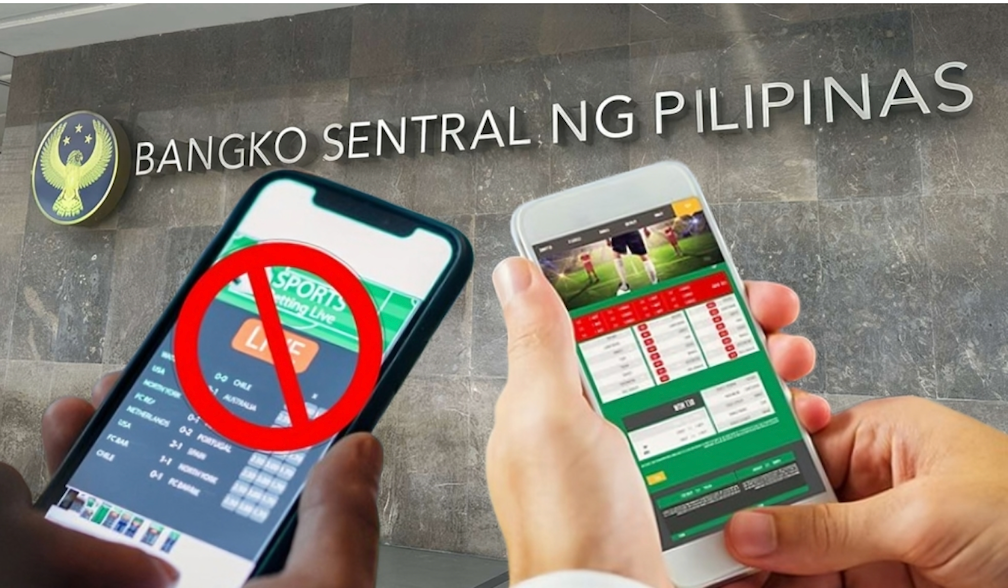
CIBI’s data-sharing initiative also complements the BSP’s broader efforts to curb fraud and improve digital trust in the financial system.
By enabling faster data exchange and more coordinated fraud detection, the Fraud Bureau provides a concrete, scalable solution that helps institutions safeguard their customers and reinforce public confidence in digital transactions.
As the Philippines deepens its digital transformation, experts emphasize that trust will be the cornerstone of growth in online banking, fintech, and e-commerce. That trust, they say, depends not only on technology but on collective action.
“Fraud is a shared threat,” Arellano said. “The only way to fight it effectively is through shared intelligence.”
About CIBI Information Inc.
Founded in 1982 under the former Central Bank of the Philippines, CIBI Information Inc. is the country’s pioneering credit reporting agency, accredited by the Credit Information Corporation (CIC). It serves more than 500 organizations across multiple industries, offering solutions that promote financial inclusion and responsible lending.
Acquired by private equity firm Creador in 2020, CIBI collaborates with global leaders such as FICO, GDS, and Smart Consulting, and partners with Malaysia’s CTOS to integrate international best practices into the Philippine market.
For more information, visit www.cibi.com.ph.




